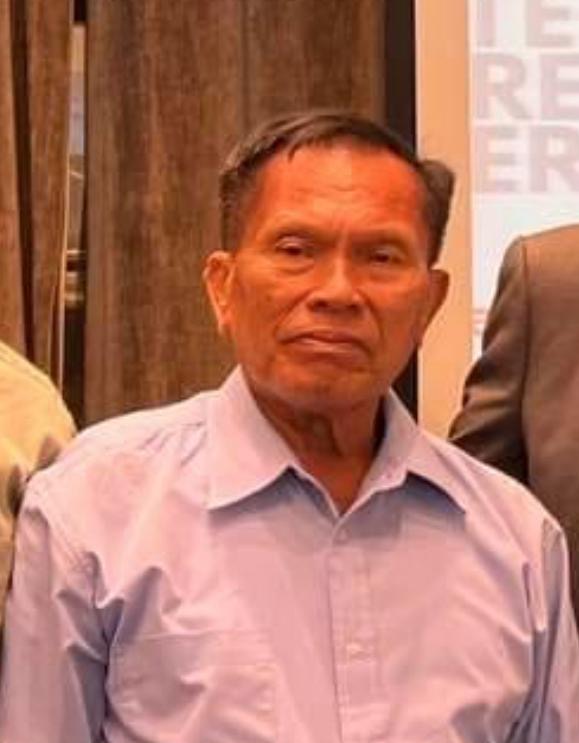Tobacco farmers seek government support at WHO global tobacco conference
Filipino tobacco farmers, citing a government pledge to expand tobacco production under a new roadmap, asked officials to defend their livelihoods at an upcoming World Health Organization (WHO) conference on tobacco control.

Leonardo Montemayor, former Agriculture Secretary and Chairman of the Board of the Federation of Free Farmers (FFF)
As international delegates prepare to convene for the WHO Framework Convention on Tobacco Control (FCTC) Conference of the Parties (COP), farmer groups expressed concern about the treaty's pivotal role in shaping global tobacco policies and potential impact on their income.
"Our lives are deeply intertwined with tobacco farming," said Leonardo Montemayor, a former agriculture secretary and board chairman of the Federation of Free Farmers. "It's a way of life and our means of survival.”
“With the Department of Agriculture roadmap affirming its long-term support for tobacco farming, we hope that the Philippine government will take that commitment to heart when championing our industry in this upcoming COP,” said Montemayor.
Philippine Tobacco Growers Association president Saturnino Distor cited the government's Sustainable Tobacco Enhancement Program (STEP) as evidence of the industry's potential.

Saturnino Distor, president of the Philippine Tobacco Growers Association (PTGA)
"We see a future for tobacco farming in the Philippines with STEP, especially with safer alternative tobacco products like vapes and e-cigarettes," Distor said. "Studies show these products are less harmful than cigarettes, which is where the industry is headed."
“This is why we are hopeful about sustaining tobacco farming in the Philippines,” said Distor, referring to the continuous cultivation of tobacco to support the development of innovative, smoke-free and less harmful alternatives to combustible cigarettes.
The FCTC, an international treaty managed by the COP, will hold its 10th biennial meeting in Panama on Feb. 5-10 to assess progress on treaty implementation. The meeting was cancelled in November 2023.
Its agenda will address key issues in tobacco regulation and global public health, with a focus on "novel and emerging tobacco and nicotine products."
The WHO FCTC has been criticized by public health experts for promoting restrictive policies against these products, despite harm reduction being a key tobacco control strategy.
"Tobacco farming sustains millions of farmers and their families, along with industry workers," Distor said. "Shifting crops requires significant investment. If the future of alternative products is uncertain, what about the future of farmers? We urge humane and compassionate policies."
The DA's National Tobacco Administration (NTA) launched STEP to boost the industry and ensure its longevity. Undersecretary Deogracias Victor Savellano said the industry can significantly support local economies and sustain farmers' livelihoods.
Savellano noted the export potential of indigenous tobacco, which could bolster the country's foreign exchange reserves.
According to the NTA, the tobacco sector employs over 2.1 million Filipinos and contributes significantly to government income, with P160 billion collected in excise taxes in 2022.